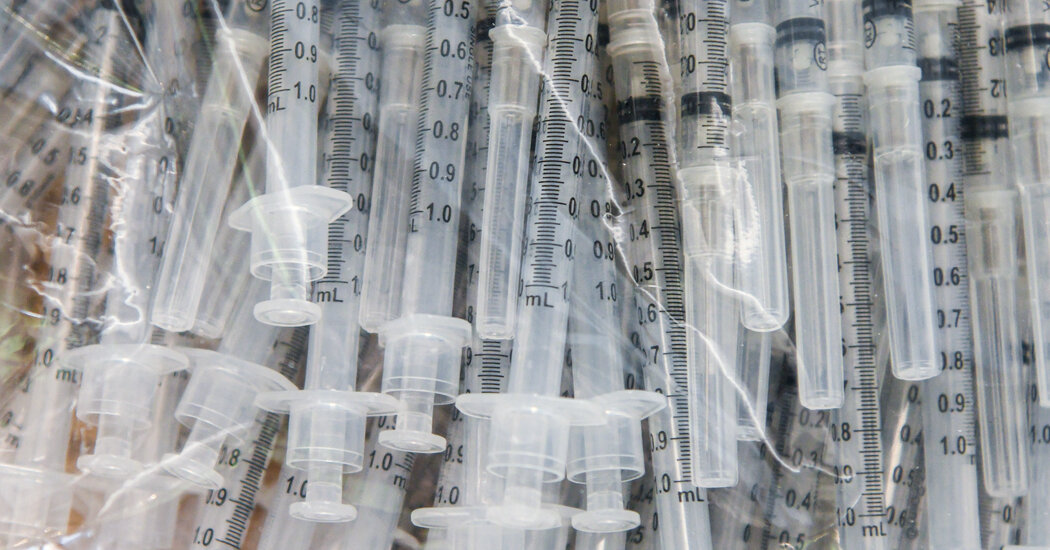
By May, she said, the current supply of monoclonal antibody drugs used to treat Covid will “stock out.” By July, the administration will run out of another antibody drug, Evusheld, that was recently authorized to prevent Covid in people with immune deficiencies. Money is needed this month, she said, to contract with drug makers so there is no gap in deliveries.
“Let me be very clear,” Ms. Psaki said. “This is an urgent request.”
Over the past two years, Congress has appropriated more than $370 billion in pandemic response funds to the federal Department of Health and Human Services. The bulk of that money has been directed to health care providers; less than half, about $140 billion, was for testing, therapeutics and vaccines.
The administration’s spending chart, obtained by The New York Times, shows that all of the money has been spent or is already spoken for. (That includes spending by the Trump administration.) The Biden administration had initially asked Congress for $22.5 billion in additional pandemic aid, including $12 billion for procuring treatments and vaccines and $4.25 billion to support the global pandemic response; Congress whittled the request down $15.6 billion.
A White House spokesman, Kevin Munoz, warned on Wednesday that if Congress did not appropriate more funds, there would be consequences beyond the loss of antibody treatments. He said testing capacity would decline in March and the fund that pays for Covid testing and treatments for tens of millions of uninsured Americans would run out of money in April.
“Failing to take action now will have severe consequences for the American people,” Mr. Munoz said.
What happens next is unclear. House Democrats, switching gears at the last minute, abandoned a plan to vote Wednesday evening on a stand-alone bill to approve the coronavirus aid, which would be partially offset with some unspent pandemic funds without touching the state and local aid. Unless the bill is fully paid for, it is likely to face a dim future in the Senate, where 10 Republican votes are needed to pass most bills.



